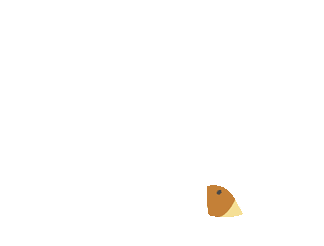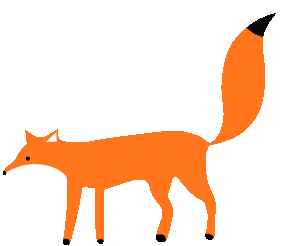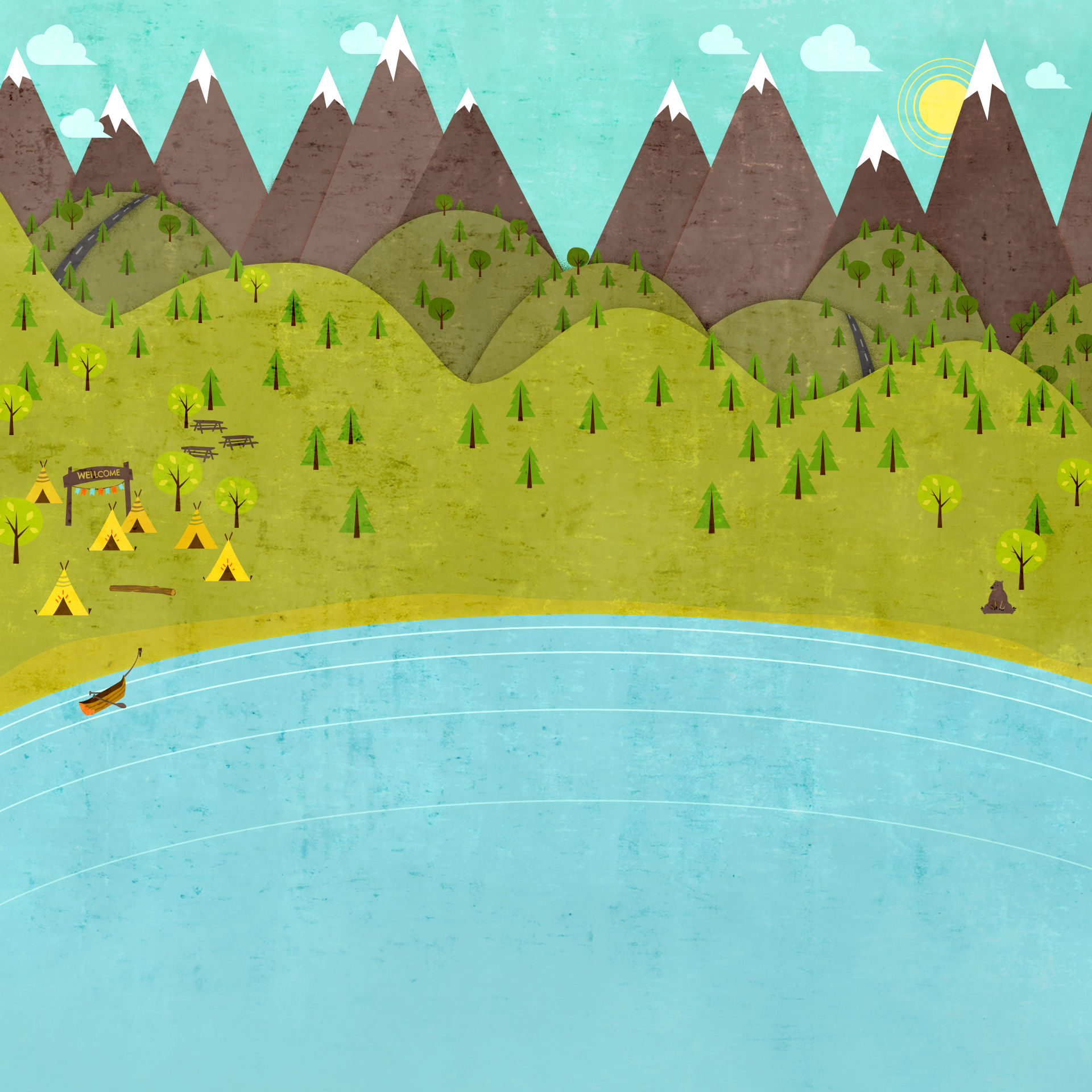
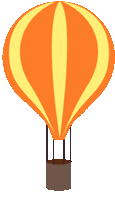
Windom Community School
Mrs. Nicole's
Kindergarten
Welcome to Kindergarten
About
Discovering our World

Our Philosophy
Children come to school with unique prior knowledge, experiences, beliefs and culture.
Children can construct meaningful knowledge that is relevant to their world by connecting what they know to new information and learning within the context of social relationships.
They have the immense capacity and desire to investigate, explore, and discover the environment of their immediate world, enabling them to transform their natural curiosity into the learning process. All children are born with an innate propensity to communicate and are eager to share the joy of learning with family, teachers and peers.
Our response is to create a learning environment that:
• integrates children’s experiences, knowledge and interests.
• addresses the social/emotional, intellectual and physical dimensions of the whole child.
• involves the family as an integral part of the child’s learning experience.
• cultivates mastery of content and develops critical thinking skills through in-depth investigations,
facilitation of active learning and focused, intentional teaching.
• provides an atmosphere where self-esteem is enhanced, safety is affirmed through predictable
rituals/routines and self-confidence grows.
• repeatedly revisits prior knowledge to create a schema of content (Big Ideas) that prepares children
for first grade and beyond.
• is based in research and core-content standards.
• uses formal and informal student data to plan instruction (data-driven instruction).
There are three Big Ideas that spiral through this curriculum:
1. Communities
2. Living Things
3. Change is All Around Us
These Big Ideas are examined through these Areas of Study:
1. Launching Kindergarten Workshop: The First Six Weeks in Kindergarten
2. Exploring Change in My World
3. Being Healthy in Our World (3.1. Transitioning Back to School)
4. Adapting to Our World
5. Helping in Our World
6. Creating and Constructing in Our World
7. Cycles in Our World
